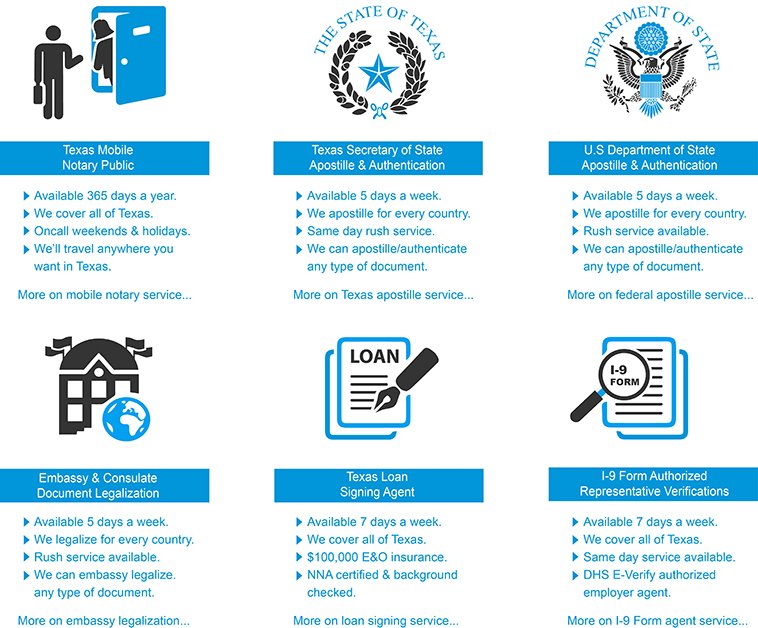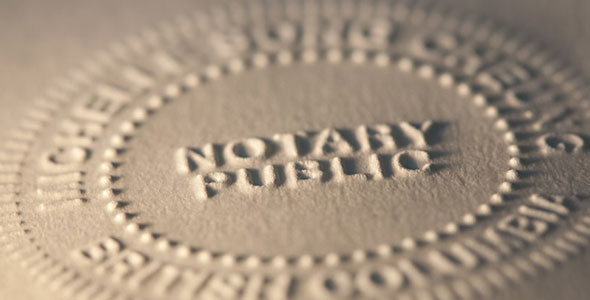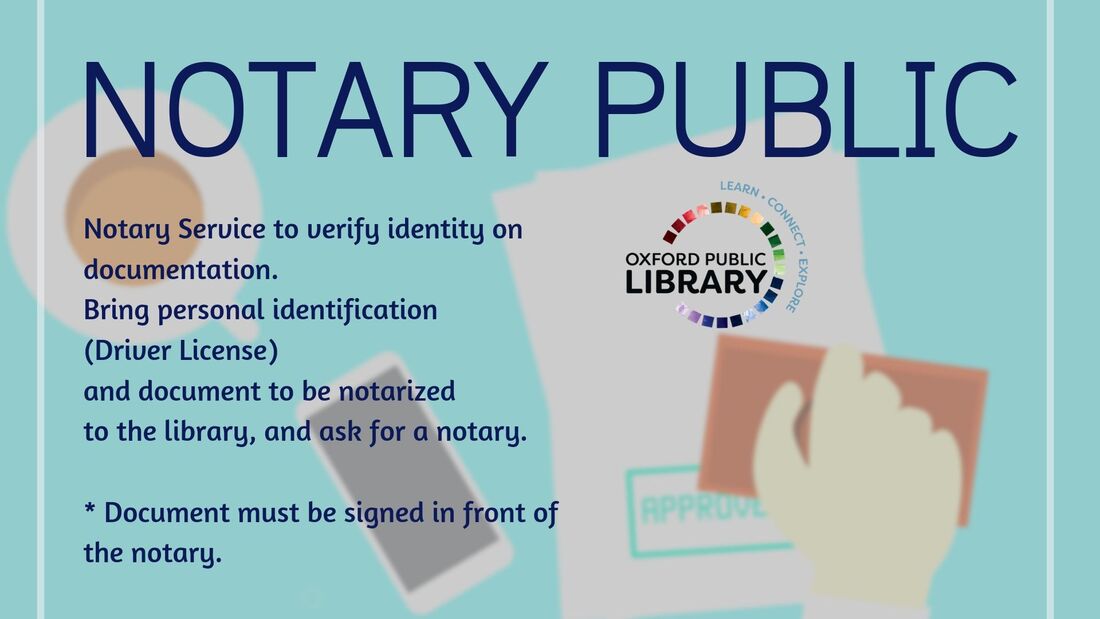Comprehending Apostille: Simplifying International Document Legalisation
Comprehending Apostille: Simplifying International Document Legalisation
Blog Article
Demystifying Notarial Work: Simplifying the Duty and Significance of Notaries
Their function, often shrouded in enigma for several, lugs substantial weight in making certain the legitimacy and stability of essential documents. By unraveling the intricacies bordering notarial practices and losing light on the significance of their acts, a clearer understanding arises of the important role notaries play in promoting the textile of legal and legal arrangements.
The Background of Notarial Work
The background of notarial work days back to old civilizations, where scribes played a critical role in taping essential details and validating documents. This led to the advancement of notaries, people assigned by the state to act as impartial witnesses in legal issues.
Throughout the Center Ages, notaries gained importance in Europe, with their functions broadening to consist of composing lawful files, accrediting trademarks, and preserving records. The surge of international trade additionally highlighted the relevance of notarial work in confirming contracts and arrangements throughout boundaries.
In the modern era, notaries continue to play a crucial function in lawful and business deals by confirming identifications, validating the authenticity of files, and preventing fraud. Their role in certifying the credibility of agreements includes a layer of security and depend the ever-evolving landscape of business and legislation.

Obligations and Responsibilities of Notaries
Notaries play a vital function in validating the credibility of files and the identification of signatures. One of their key duties is to witness the finalizing of vital records, such as actions, agreements, and wills, to make certain that all celebrations are getting in right into agreements purposefully and willingly.
In addition, notaries are tasked with providing vows and affirmations, which are vital in lawful proceedings and the execution of sworn statements. They accredit duplicates of initial records, providing assurance to organizations that the copies hold true reproductions of the originals. Notaries have to keep accurate records of all deals they manage to make certain openness and accountability. Overall, the responsibilities and obligations of notaries are essential in protecting the honesty and legality of different records and transactions.
Notarial Certificates and Signatures
Exemplifying careful attention to detail, notarial certificates and signatures act as crucial elements in confirming the credibility of lawful records. Notarial certifications normally contain important info such as the date of notarization, the names of the signatures, a summary of the document, and the notary's main seal. These certifications offer a clear record of the notarial act, ensuring that the document can be easily recognized and mapped back to the notary who supervised the procedure.
Trademarks play a pivotal duty in notarial job, as they indicate the contract and authorization of the events involved. Notaries very carefully witness the signing of records to validate the identification of the signatures and verify that they are signing of their very own free will. By fastening their main seal and trademark to the document, notaries accredit that the required procedures have actually been followed which the paper is valid and enforceable.
Fundamentally, notarial certifications and trademarks are the characteristic of authenticity in legal deals, providing assurance to all events entailed that the documents are legit and binding.
Value of Notarial Acts

Registration Refine Explained
The notarization procedure normally starts with the specific offering the file to a notary public. When the identity is confirmed, the notary guarantees that the private signing the paper does so willingly and without any coercion.

Final Thought

Notarial certifications generally consist of vital details such as the date of notarization, the names of Look At This the signatories, a description of the record, and the notary's main seal. These certifications give a clear document of the notarial navigate to this website act, ensuring that the file can be conveniently determined and mapped back to the notary who looked after the process.
By affixing their main seal and signature to the document, notaries accredit that the essential treatments have been adhered to and that the file is enforceable and valid.
By verifying the identity of the notaries, confirming their readiness to enter right into the arrangement, and accrediting the day and location of the signing, notaries play a critical function in supporting the credibility of legal files.After the record is authorized, the notary will certainly attach their main seal or stamp onto the document.
Report this page